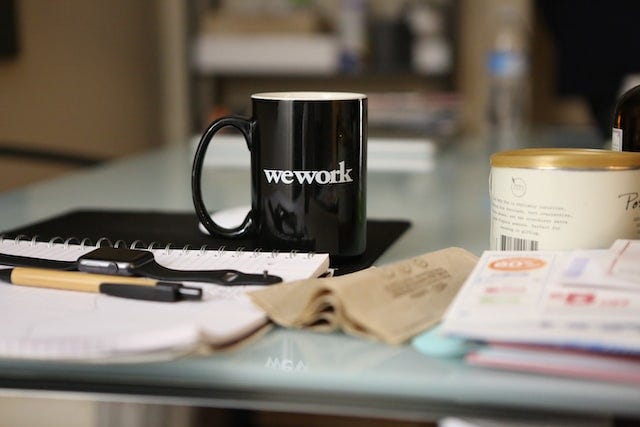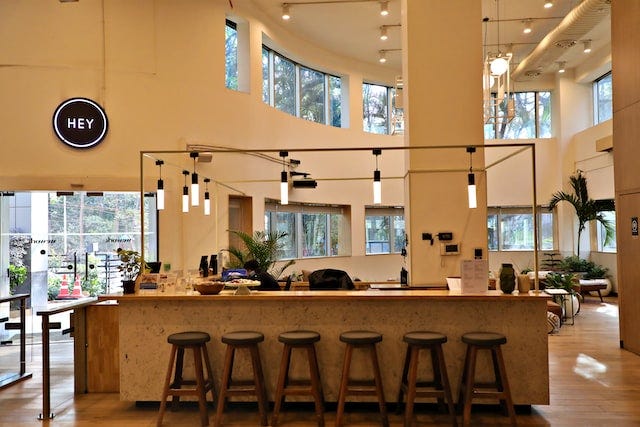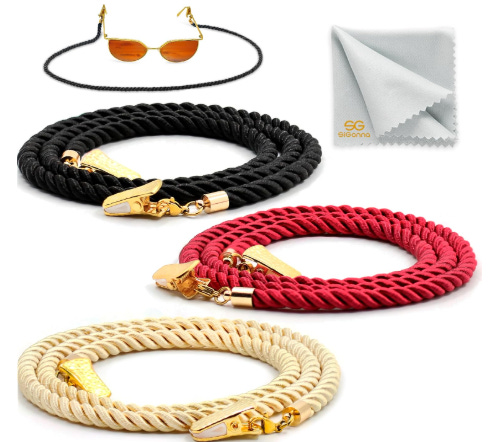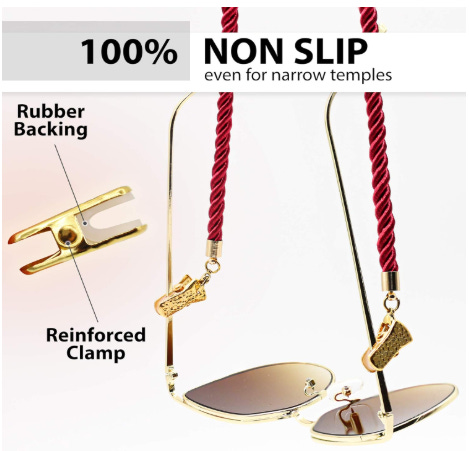
There’s a company where 400,000 members congregate. These business professionals and students don’t all go to the same venue though. They find the most convenient one out of 400 locations — from a total of 99 cities and 26 countries. Their largest office spaces are in London, Manhattan and Washington D.C. Who are they? Members of WeWork.
And nine years after being founded in 2010, WeWork (now known as We Company) decided to combine rental spaces with retail. It’s only right that this rental + retail combination would happen on the East Coast where the company was birthed. New York based companies like WeMRKT and MadeByWe paid attention to potential consumers and lucrative business opportunities. And now they’re seeing how much more profitable this can be.

The story behind WeMRKT and MadeByWe
We Company, also known as WeWork, is highlighting the untapped talent sitting in their rental spaces. In January, a Manhattan location (902 Broadway) started using its space for an in-house team to create a marketplace open to the public. Both members and the general public could stop in to buy handmade cards and stationery, reusable water bottles, chickpea snacks, wallets, laptop cases and more.
Recommended Read: “Coworking spaces: The untapped retail market ~ Why startup companies should have their eyes on coworking locations”
While products like these can be purchased in pretty much any retail store, what makes these products stand out is that they’re made by small businesses and individual members from this coworking spot. The sellers behind these products, referred to as Made By We, were chosen by We Company’s retail team.
At WeMRKT on 205 Hudson in New York City, the concept is similar. Products are available for sale from 10 WeWork member companies. They can also buy company-branded apparel, office supplies, and additional snacks and beverages. However, these products are intended to be made by members and exclusively for members.
And similar to the goal of a Cargo Box for ride-sharing services, the WeWork snacks that members are munching on may end up in office-only Snack Nation boxes. This essentially gives them more eyes on their products and ideally more customers in the public.
Not only is this a way for entrepreneurs to network with each other and design various products, these kinds of opportunities get their products out to the public. In essence, the same potential meetings, conference rooms and desk work that coworking members book to market their work can already be done — in the same building they’re meeting in.
ADVERTISEMENT ~ Amazon
As an Amazon affiliate, I earn a percentage for every purchase with my referral link.
What retailers can learn from We Company marketplaces
As retail trailers and online marketplaces have already proven, consumers increasingly want their buying experiences to be convenient and easy to buy. Developers working with and designing products for other team members — and knowing exactly what they want ahead of time — is like getting the inside scoop from customers who are already interested in the company’s products. And in this case, the customers don’t even have to make an extra trip to buy it. Just walk into the same shared coworking location and stroll over to the store area.
According to a Forbes report, a member reported more in-person requests for his products, an increase in website traffic and product demo requests simply from using a coworking marketplace.
How coworking spaces improve retail relationships
So what can retail companies learn from these coworking companies? One technique they can take from coworking is how brick–and–mortar locations are continuing to gain customers in a digital-dependent world. How? Make the customers develop a relationship with the product even before they do so with the company. For example, members at 818 Coworking, an Evanston, Illinois-based coworking space, attended a coffee tasting and demonstration for the coffee brand available in their kitchen on a daily basis.
Recommended Read: “Starbucks’ New Chicago Reserve Roastery Is a Coffee Break Worth the Wait”
With well-known coffee shops and tea shops sprouting up near corporate workplaces, workers often come in with their own drink orders. And they’re bypassing the office’s kitchen coffee (and preparing it too).
Coworking members could easily go into their respective rental spaces and do the same thing, but events like these may make them more interested in a product they’re used to buying elsewhere. For the creator/designer of the product, coworking marketplaces are an opportunity to get feedback in real time. And if all goes well, that coworking member may take that product and share it with others in the public.
General marketplaces and taste tests aren’t reinventing the wheel. Go into any grocery store or cosmetic aisle and samples are passed around. And companies such as fitness studios usually have their name-brand products available to purchase by the front desk. But with coworking locations, members are there for longer than a few minutes of window shopping or to buy items on their to-do list. And the more time they have to eye those new products, the more the product-to-consumer relationship can grow.
(Note: This post was originally published as an Upwork freelancer for RETHINK Retail.)
Did you enjoy this post? You’re also welcome to check out my Substack columns “Black Girl In a Doggone World,” “BlackTechLogy,” “Homegrown Tales,” “I Do See Color,” “One Black Woman’s Vote” and “Window Shopping” too. Subscribe to this newsletter for the monthly post on the third Thursday.
If you’re not ready to subscribe but want to support my writing, you’re welcome to tip me for this post! I’ll buy a dark hot chocolate on you. Thanks for reading!






